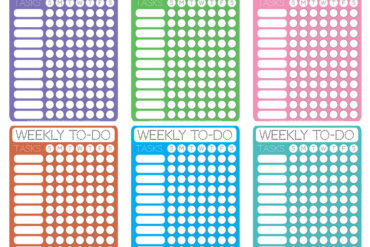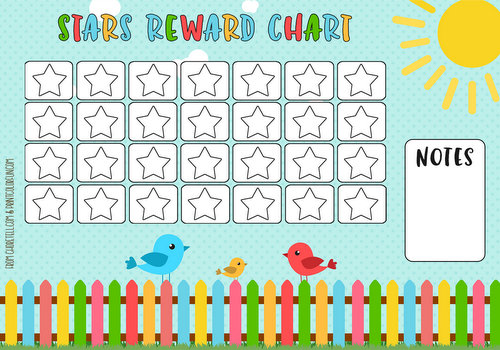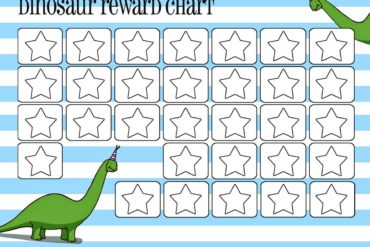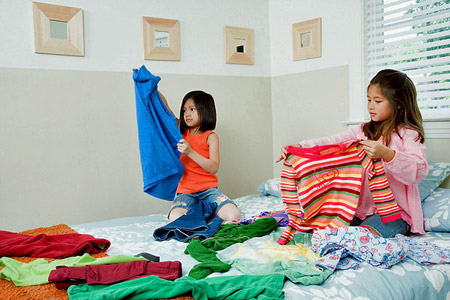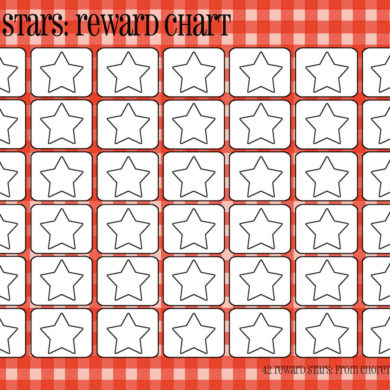When it comes to assigning chores, remember that “fair” doesn’t necessarily mean “equal.” It’s natural that older children and adults will have more on their to-do lists. However, if everyone has their own responsibilities, and those jobs reflect their capabilities, there should be no arguments about the fairness factor.
Dividing family chores fairly
Here are a few more tips to keep in mind when divvying up household tasks, courtesy of Nancy Bradford-Sisson of UNH Cooperative Extension:
- While each person over the age of 5 should be responsible for his or her own room and laundry, for example, other jobs can be divided fairly amongst the family members.
- Review who is currently responsible for certain tasks, and see if one family member is doing more than the others.
- Assign tasks by writing them on colored paper – for example, blue for daily tasks, and yellow for weekly tasks. Have each family member choose both a daily and weekly task. (Check out Other chores: A simple system for some ideas.)
- Don’t assign disliked tasks to the same family member each time, or the same task to one child who always completes it better than his or her siblings. Remember “practice makes perfect” for the other kids.
- Avoid assigning tasks by gender, as everyone needs to learn a variety of skills (and you don’t want to lapse into stereotypes, either). Get some age-by-age guidelines here: Household chores by age.
- Write all necessary tasks on slips of paper and put them in a job jar. Everyone picks a chore at random out of the job jar. (If different skill levels are required, consider color-coding the paper slips to avoid giving the preschooler the task of cleaning out the freezer or detailing the car.) “Job jars” are also good for those chores that are only done occasionally such as spring-cleaning.
The reward for your efforts? A more helpful child today, who grows into a responsible and capable adult tomorrow.
Also see: Master chore list: Complete checklist


